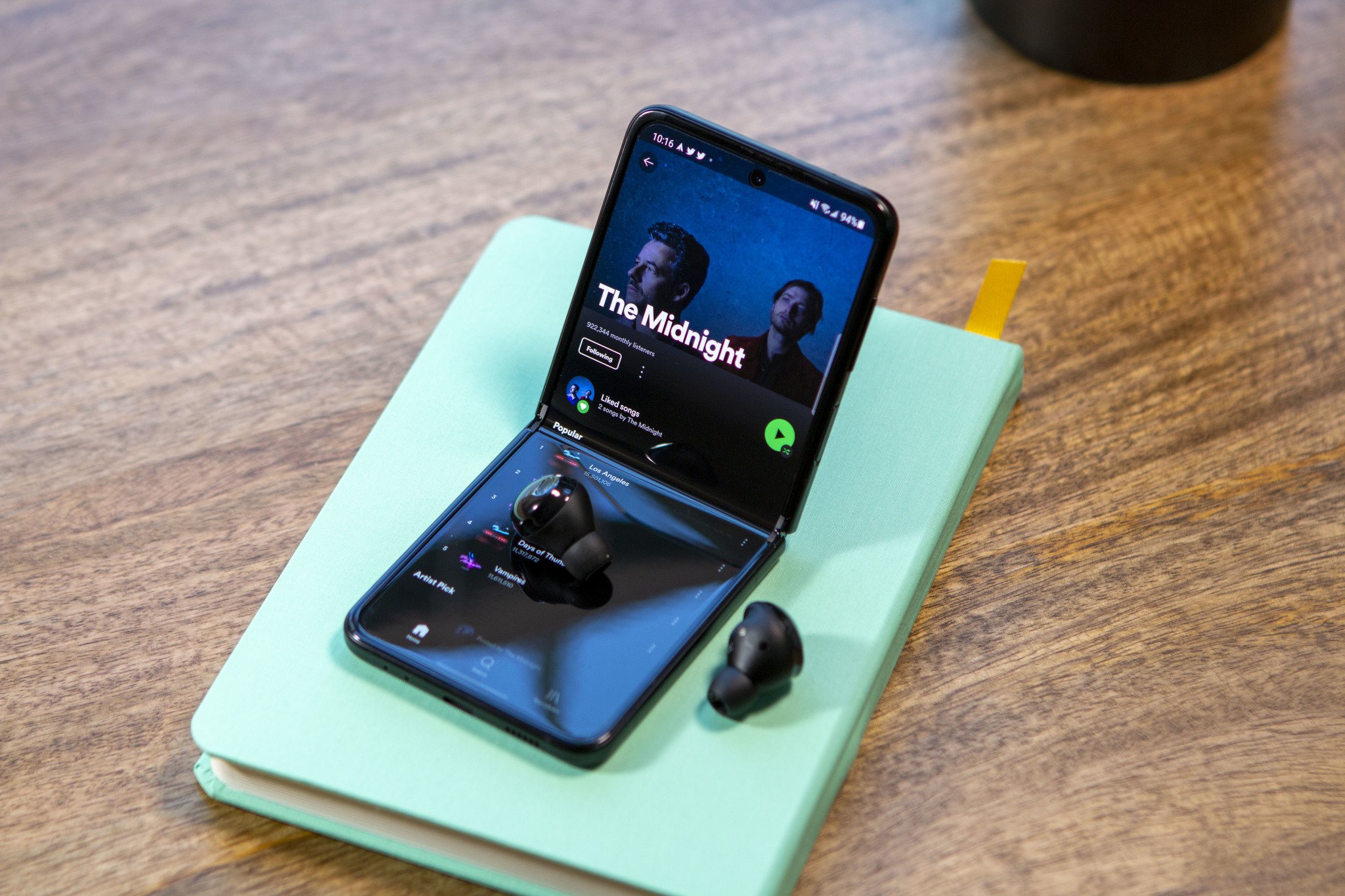
What you need to know
- In a post on X (formerly Twitter), Spotify made its case for why Apple's practices in the music streaming market are anticompetitive.
- Separately, a leak previewed upcoming Spotify support for high-fidelity audio, something that has been in the works since at least 2021.
- Spotify has also recently come under fire for making changes to its free tier, this time limiting the number of times you can view song lyrics.
- In many ways, Spotify's claims about Apple are either misleading or false, and the company is better off improving its own services than worrying about Apple.
Spotify recently made the news cycle for two big reasons. First, the company posted a campaign on X (formerly Twitter) outlining the reasons why it believes Apple is anti-competitive. Later, a leak revealed more information about Spotify's upcoming high-fidelity offering, which has been in development since at least 2021. While other services like Apple Music and Tidal have had Hi-Fi support for years, Spotify notably still hasn't managed to ship it.
The fact that these two headlines broke within a day of each other highlights Spotify's strange hierarchy of priorities. It has spent years going to war with Apple, both through the legal system and through public campaigns. This is all while, in some ways, Spotify's actual product lags behind the competition. Spotify has key advantages, such as excellent discovery algorithms and superb sharing features. However, the lack of Hi-Fi and advanced features looms large in 2024.
You’ve heard us talk about Apple’s anticompetitive practices—but what does that actually mean and why do we care so much? Here’s a break down and if you want to learn more head to: https://t.co/DP28elipIo pic.twitter.com/psrEpZPBXjMay 2, 2024
Apple seems to be coming under fire from all angles, with governments and competitors claiming antitrust violations or anti-competitive practices—and in some cases, deservedly so. But the points Spotify outlines on its website leave out parts of the story. Although it would seem that Spotify is in a great market position, it isn't—and Spotify may be more to blame for that than Apple.
Apple is changing, so what's stopping Spotify?
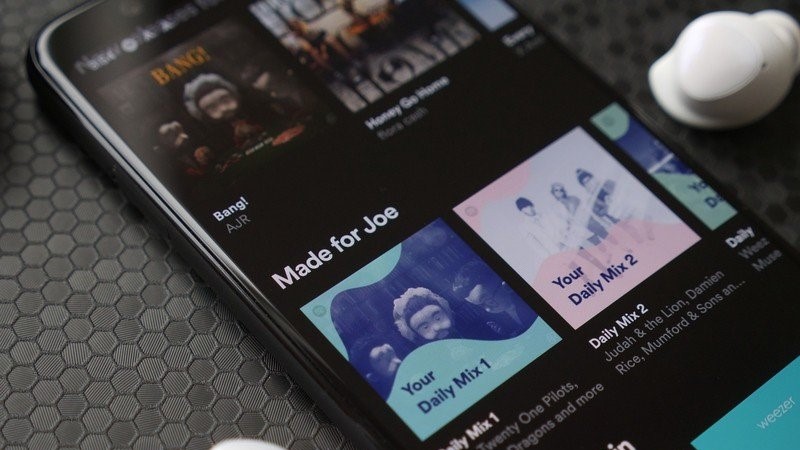
It's hard to take Spotify's position seriously when it makes blatantly misleading claims when trying to convince users and regulators to turn on Apple. On a website that lists five "facts that show Apple doesn't play fair," Spotify makes statements that appear misleading at best and intentionally false at worst.
The company says that Apple charges a discriminatory tax, but Spotify is referencing the fee that Apple charges developers who use its in-app purchase system, which can be as high as 30%. Apple would counter this point saying that 86% of developers don't pay any fees, including Spotify.
Spotify also says that Apple won't let it "share Spotify deals we know you'd love," referring to an outdated App Store policy known as anti-steering, which is generally considered to be anti-competitive. However, now, Apple's official App Review Guidelines permit Spotify to show deals to users outside of the in-app purchase system, as long as it offers IAP as an option.
Additionally, Spotify says Apple won't let users easily upgrade to Spotify Premium, but this is false. Spotify has chosen not to offer in-app purchases on Apple platforms as a way to avoid the company's App Store fees. Spotify also does not let users buy audiobooks through its Apple apps to avoid paying in-app purchase fees.
Finally, Spotify says that Apple "routinely reject[s] our bug fixes and app enhancements." We're not sure exactly what this means because the company doesn't share specifics, but Apple has the right to deny updates or app submissions as part of the Apple Developer Agreement.
So, it's easy to see how Spotify and Apple are at odds. Spotify wants to use iOS and the App Store to the fullest extent — and to the same level as Apple Music, for example — without paying App Store and in-app purchase fees.
Spotify has its own problems to worry about — and Apple isn't one of them
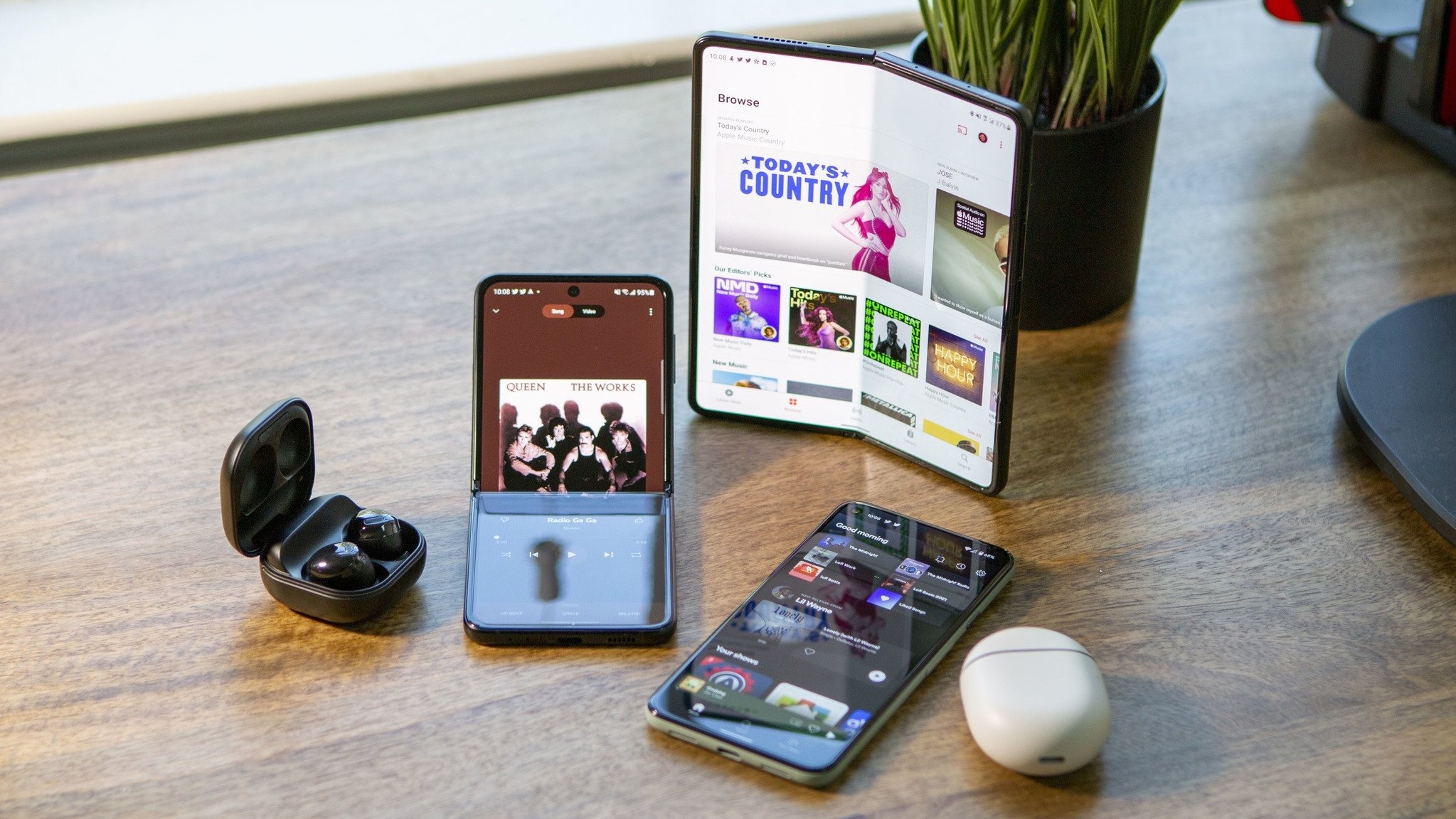
Spotify is the global leader among music streaming services, ahead of Apple Music. Despite having more than five times the number of Apple Music subscribers, Spotify has never posted a full-year net profit, according to Barron's. If Spotify has a problem with its business model, Apple isn't the one to blame. As mentioned earlier, Spotify pays no fees to Apple since it opts out of the in-app purchase program.
In terms of feature set, Spotify isn't the clear winner among the music streaming services. Apple Music and Tidal both offer high-fidelity audio, and both include this functionality within their standard subscription plans. Meanwhile, Spotify said that Hi-Fi support would come at some point in 2021. Well, it's 2024, and the feature Spotify promised years ago still isn't here.
Separately, the way Spotify chooses to operate its free tier seems to be causing more friction with potential subscribers than ever. As of this May, the company started putting song lyrics behind a paywall, and people are mad. In a social media post by Dexerto, thousands of users flooded the comments criticizing Spotify's decision.
So, Spotify finds itself in an interesting position. The company isn't consistently profitable, it isn't able to deliver features by its self-imposed deadlines, and it is causing friction between Spotify and Spotify users. These are big problems, and it begs the question: doesn't Spotify have more pressing things to worry about than Apple?
We can't blame Apple for everything
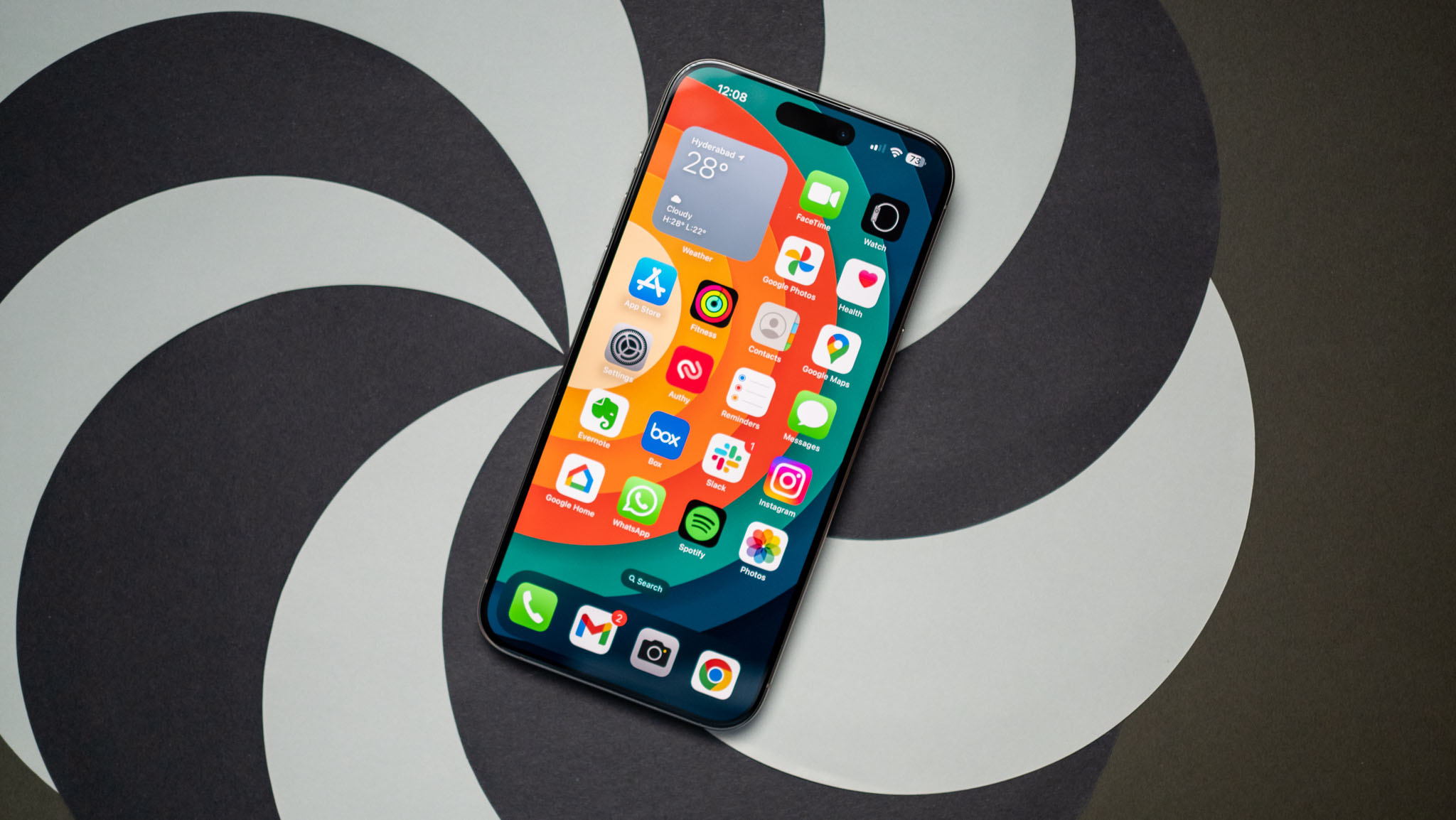
Apple makes plenty of moves that can be considered anti-competitive, and it should face penalties when it takes steps to stifle competition. In many ways, governments and regulators are finally starting to hold Apple in check. The European Union's new Digital Markets Act introduced a slew of restrictions that have affected Apple since it was deemed a gatekeeper. In fact, the EU opened an investigation into Apple for allegedly skirting DMA requirements.
Over in the U.S., Epic was successful in a few aspects of its antitrust case against Apple. Epic's win is the reason why Apple no longer has anti-steering rules in its App Review Guidelines, for example. There are also other pending lawsuits in federal court concerning Apple's alleged market advantage.
However, many of Spotify's examples of ways that Apple is creating an advantage in the music streaming service market are inaccurate. I'm all for holding big tech companies accountable, including Apple. But coming after big companies just because it's popular isn't the reason antitrust rules and laws exist. Instead of coming after Apple, Spotify should make its product better — because, in many ways, it's behind the curve.
Where does Spotify go from here?
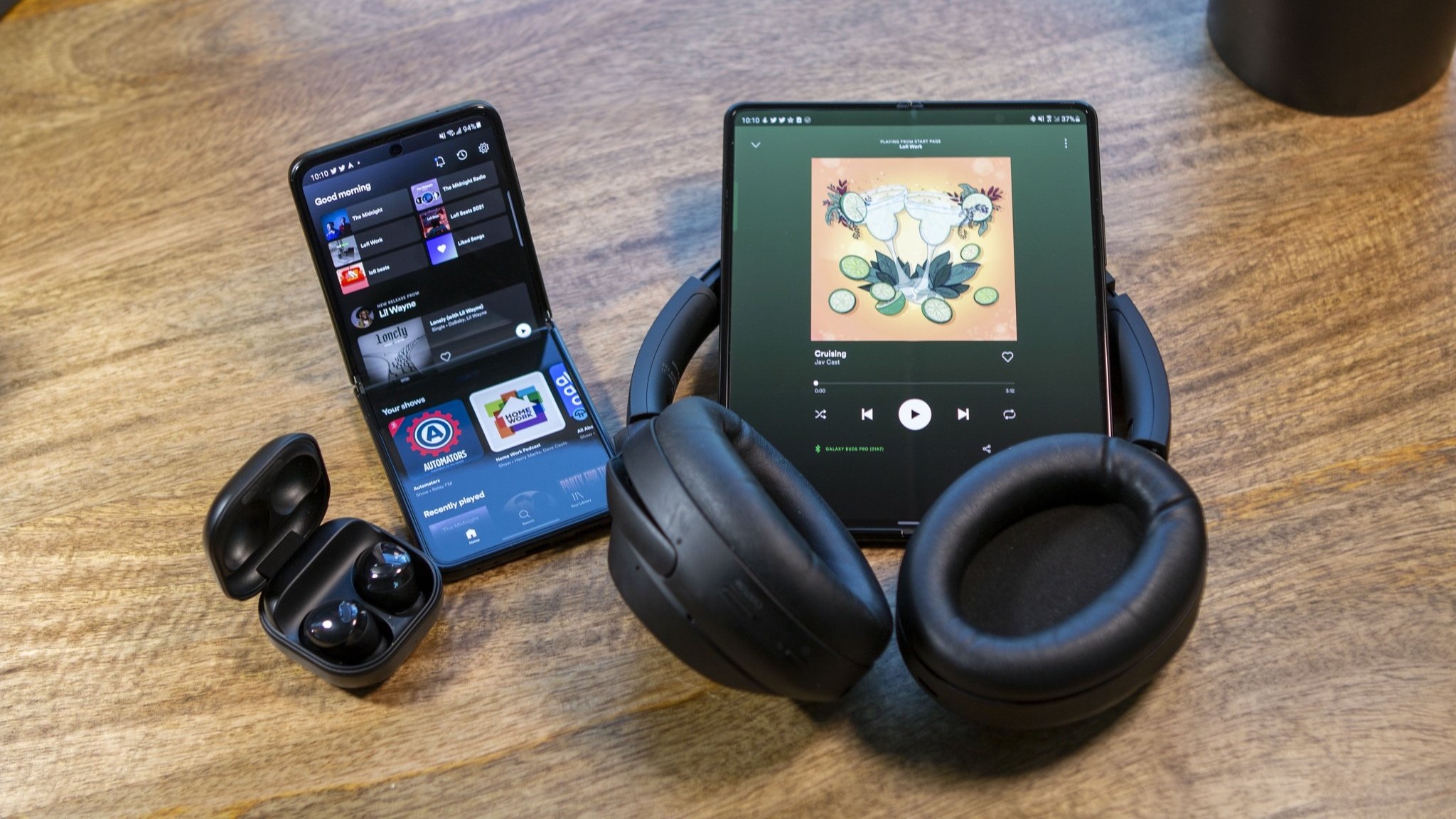
Spotify clearly wants regulation like the DMA, which is intended to prevent companies from giving preferential treatment to their own products and services, to extend worldwide. That might just happen, as the U.S. Department of Justice and the 50 states have launched multiple inquiries or lawsuits related to the practices of big tech companies like Apple and Google.
However, it's hard to see what a solution looks like. Apple Music, of course, doesn't pay a 30% fee for in-app purchases, unlike competitors in music streaming. But Apple can't pay a fee to itself. So, does Spotify want Apple to waive App Store fees across the board? In that scenario, Apple is paying for all the App Store overhead and providing developers valuable customer acquisition prospects without getting anything in return.
Maybe it could just waive the fee for streaming services like Spotify. It's an option, but maybe Apple should get an advantage for building entire devices and services from scratch. Remember, it only benefits from platforms it built from the ground up. Apple Music and Spotify compete on an equal playing field on all the others, including Android, Windows, and the web.
Whatever happens, it's clear that Spotify can't count on its situation improving on Apple platforms. It needs to control what it can control, like improving the Spotify experience on all platforms, including iOS and Android. Spending time on its feud with Apple will only divert resources from what actually matters: making Spotify better.







